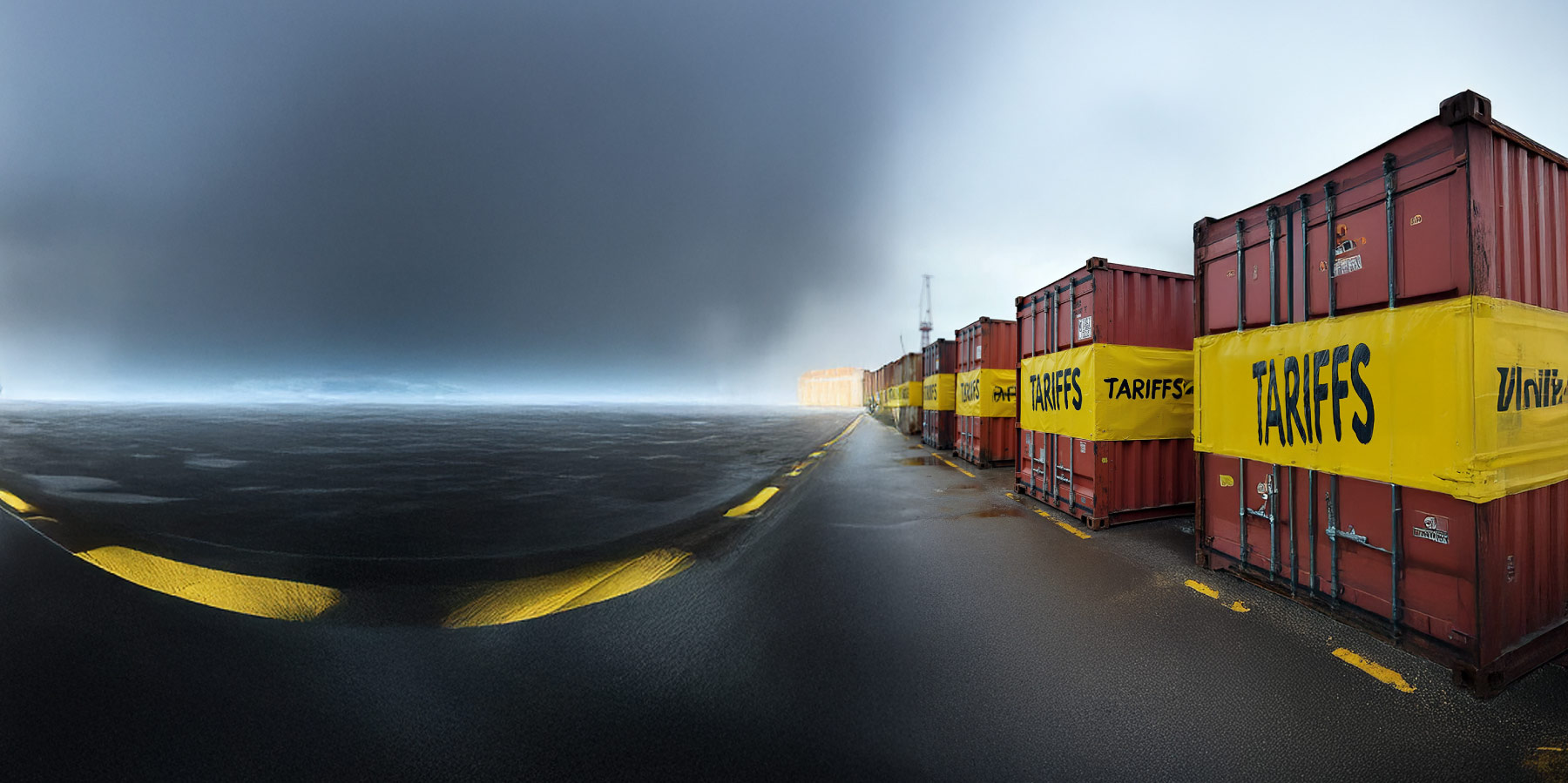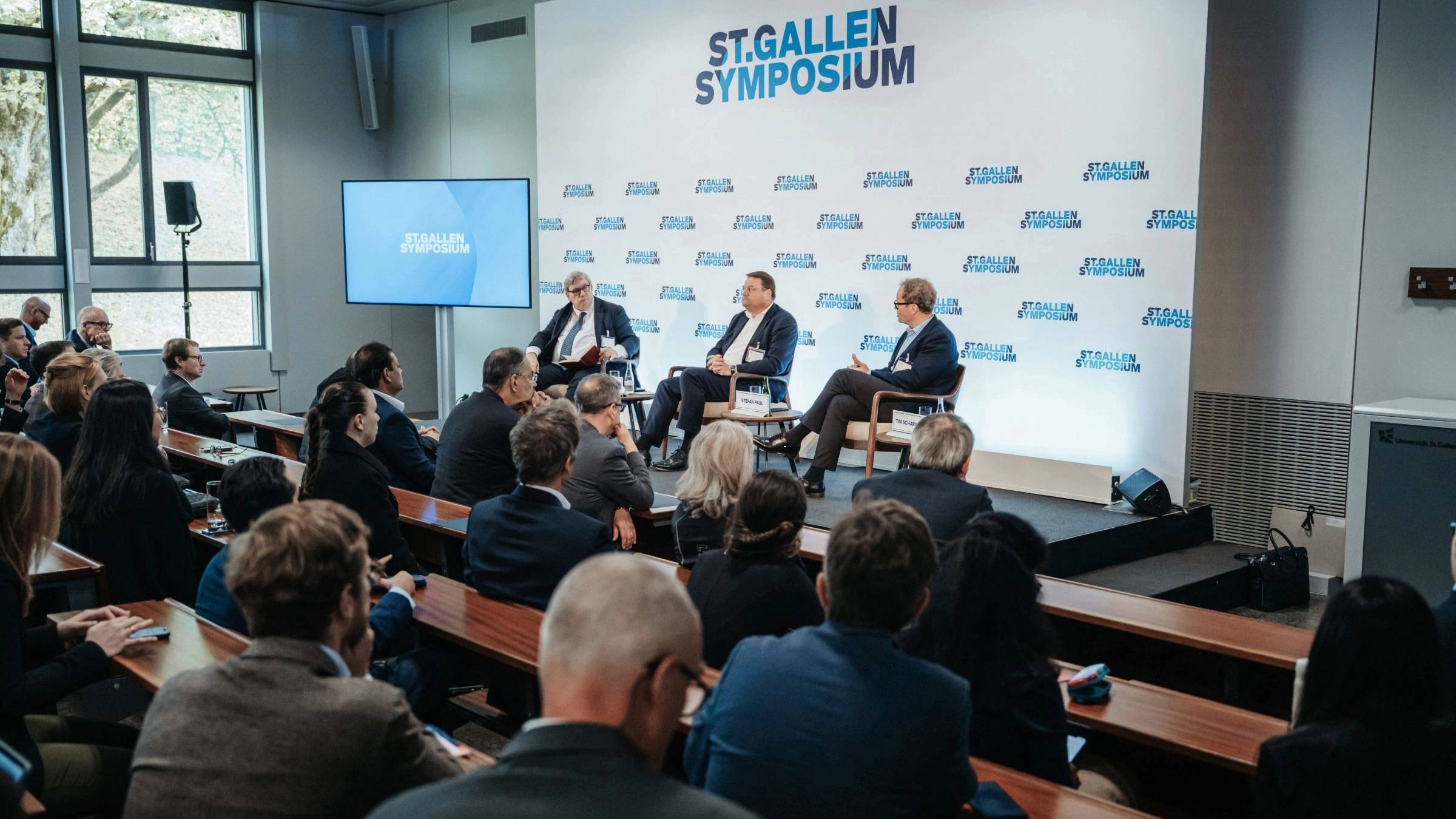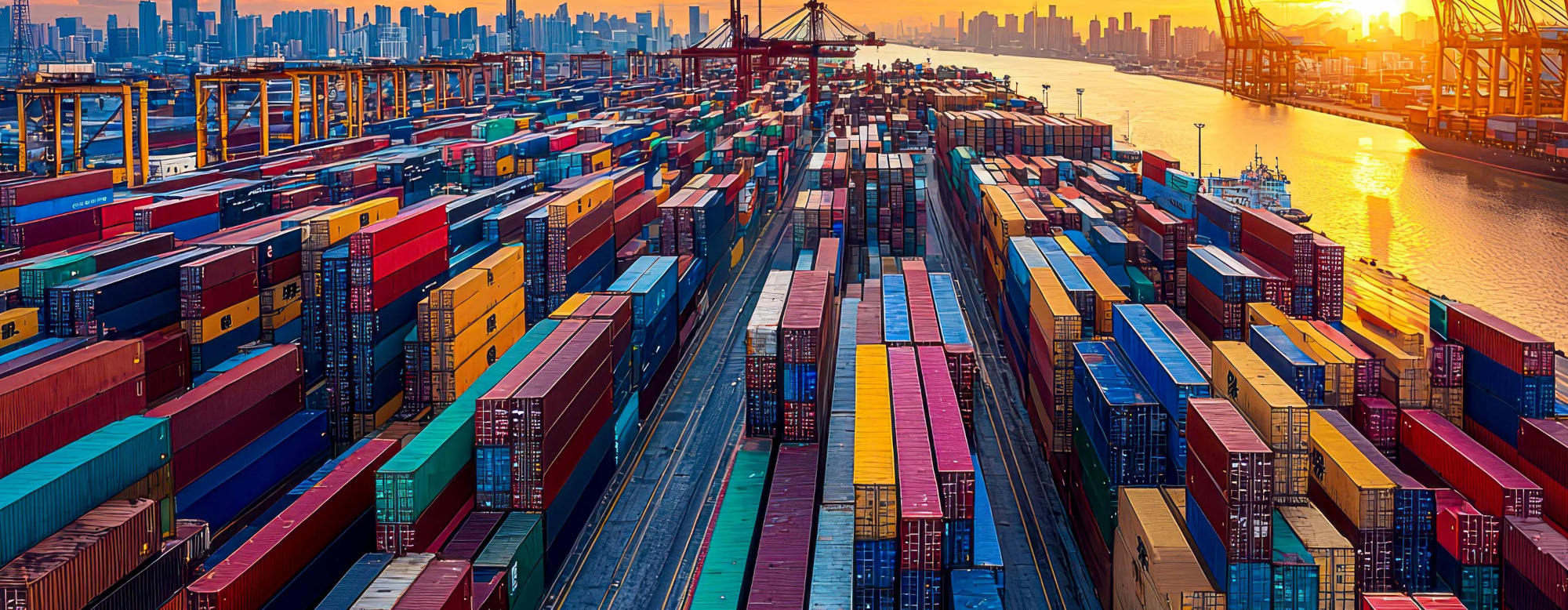The Digital Supply Chain Challenge 2nd Edition
The challenges facing supply chain professionals are changing rapidly. Today, far from focusing on capital expenditures and logistics such as warehousing and distribution, supply chain executives are expected to understand all aspects of the business, appreciate the constraints and expectations of upstream and downstream partners, and possess sufficient technological savvy to navigate the bewildering array of options presented by Industry 4.0 and supply chain digitalization (SCD). This book is for them.
The Digital Supply Chain Challenge: Breaking Through 2nd Edition is a distillation of the authors’ 50+ years of combined supply chain experience, both at the coal face and in the classroom. Their insights and observations – captured in short articles and best-practice case studies – are brought together in one place for supply chain executives to consult at different times during their SCD voyage, to find benchmarks, relevant insights or even just to help formulate the right questions along the way. It is a sort of handbook to the essentials of digital supply chain transformation.
This new edition contains additional chapters on AI, an evaluation of Industry 4.0, why the promised fourth industrial revolution hasn’t happened yet and new cases studies on Henkel, HEINEKEN, L’Oreal and Zalando.
Research Information & Knowledge Hub for additional information on IMD publications

has an extensive and varied supply chain background. His career includes 22 years with L’Oréal, starting in Canada in manufacturing before stints in Paris and New York, with ever-increasing supply chain responsibilities and scope.
He completed his adventure at L’Oréal as the company’s first global supply chain standards director, defining and promoting best practices in customer collaboration, distribution, demand planning and production planning.
Throughout his career, Richard has been a constant agent of change and innovation in supply chain. He has been a pioneer of supply chain digitalization, for which he was cited in the Wall Street Journal, among other publications.
He continues this spirit of innovation today as a supply chain strategy advisor, professor, author and board member based in Geneva, Switzerland. Richard is also a co-founder and partner of the venture capital firm Innovobot, where he advises startups on their road to success.
Richard holds a PhD in supply chain management from ESCP-La Sorbonne (France), where his research shed light on supply chain governance and its articulation with finance; an MBA specialized in supply chain from Northeastern University (US); and a bachelor’s degree in chemical engineering from McGill University (Canada).

Tariq Farooq, Head of Global Supply Chain at Fresenius Kabi and former CSCO at Sanofi, reflects on why transformation requires disciplined execution, foundational capability building, and alignment between leadership intent and operational reality...

As Trump-era policies return with sharper edges, companies must rethink supply chains not for speed, but for resilience.
This brief case exercise presents an increasingly common business scenario: An established player acquires a small, agile start-up to re-energize its value proposition. In this case, established global beauty giant UrbanLuxe acquires beauty start-...
The supply chain risk management literature differentiates between disruption risk that arises from supply disruptions to normal activities and recurrent risk that arises from problems in coordinating supply and demand in the absence of disruption...
The US deal granting it future revenue and access to Ukraine’s mineral sector raises a broader question: is this the beginning of a model for American foreign policy, one that links strategic resource access to long-term diplomatic and financial c...
Multinational businesses are recalibrating their global supply chains, with one eye focused firmly on Washington. As the Donald Trump administration reignites the use of tariffs as a blunt instrument of economic leverage, so-called “friendshoring”...

As tariff tensions simmer and uncertainty clouds the future of global trade, freight industry leaders reflect on how businesses can brace for potential shortages, adapt supply chains, and stay resilient in a rapidly shifting landscape.

Leading global operations through complexity and change in 2025 means embracing AI and ML to streamline supply chains and meet rising demands.

Guided by The Art of the Deal, Trump's trade tactics are disrupting global supply chains and driving strategic diversification.
“You don’t exit China, you hide it—like colorful eggs.” That’s what a top executive at a European multinational told me, just days after President Trump’s April 2025 bombshell: a new national economic emergency order that slapped a 10 percent tari...
Research Information & Knowledge Hub for additional information on IMD publications
Research Information & Knowledge Hub for additional information on IMD publications
Research Information & Knowledge Hub for additional information on IMD publications
in Production and Operations Management June 2025, vol. 34, issue 6, https://doi.org/10.1177/10591478241302735
Research Information & Knowledge Hub for additional information on IMD publications
Research Information & Knowledge Hub for additional information on IMD publications
Research Information & Knowledge Hub for additional information on IMD publications
Research Information & Knowledge Hub for additional information on IMD publications
Research Information & Knowledge Hub for additional information on IMD publications
in I by IMD
Research Information & Knowledge Hub for additional information on IMD publications
Research Information & Knowledge Hub for additional information on IMD publications


